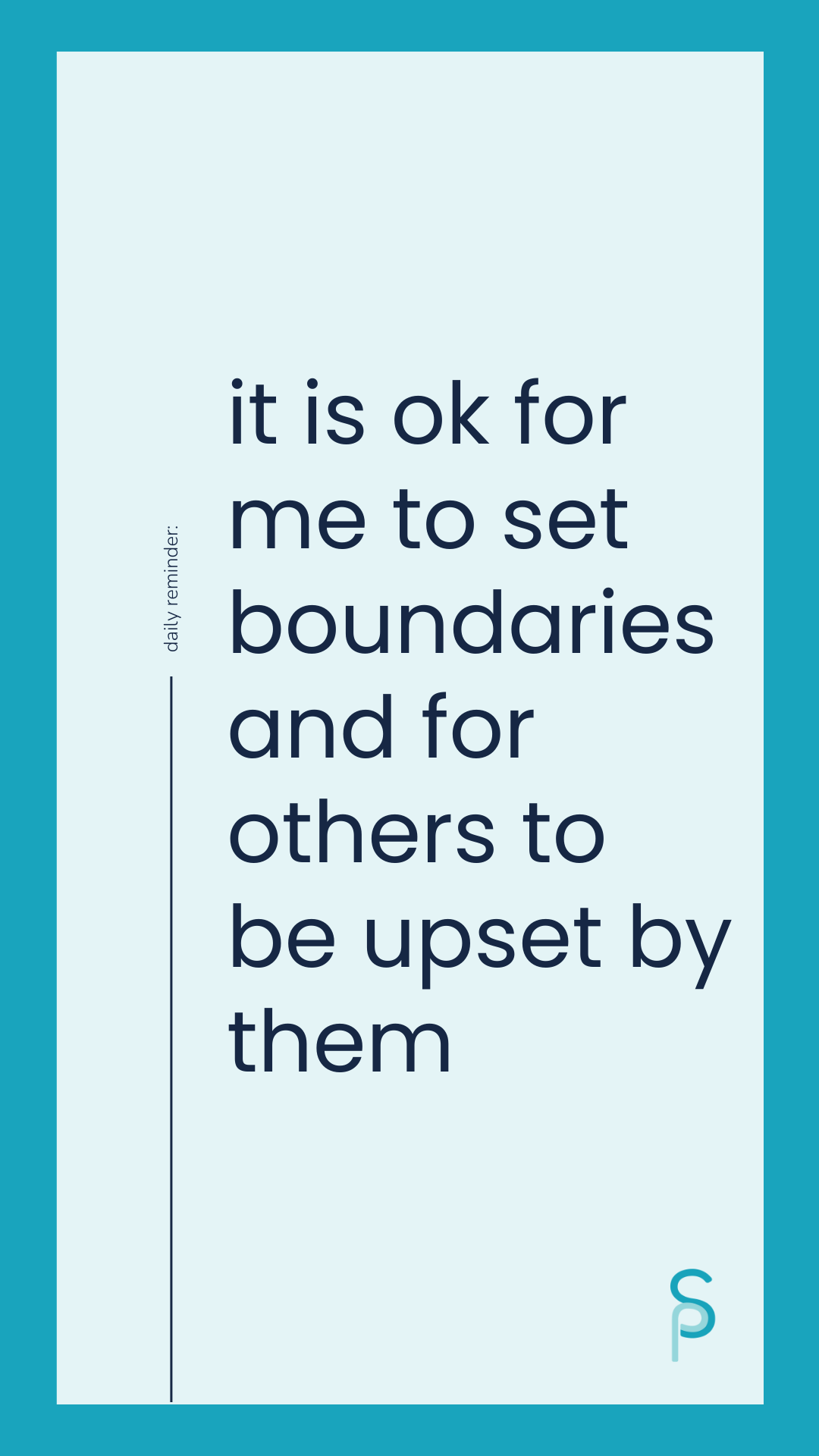Let’s be real: families are messy. Especially when caregiving is involved.
Maybe you’re supporting a parent with a dementia diagnosis. Maybe you’re grieving a loss and now juggling everyone else’s opinions on how you should do it.
Whether it’s micromanaging uncles or a sibling who hasn’t lifted a finger but has lots to say, one thing’s for sure: family boundaries in caregiving are essential if you want to protect your peace.
Even if your family isn’t the Brady Bunch, you deserve some calm in the chaos. Here’s how boundaries can help.
The Usual Suspects in Caregiving Families
Caregiving can shine a harsh light on toxic family dynamics. Here are a few common characters you might recognize:
The Well-Meaning Micromanager
They’re not doing the work, but they’ve got opinions. Usually prefaced with, “I’m just trying to help.”The Guilt-Tripper
“You’re just so good at this. I’d help if I could…” (Sound familiar?)The “Too Busy” Sibling
They’ve got no time to show up but always have advice. And somehow, they make you feel like the unreasonable one.
Navigating dementia caregiver stress is hard enough—dealing with this emotional labor shouldn’t be part of the job.

Boundaries = Sanity (Not Selfishness)

Let’s clear something up:
Boundaries are not mean. They’re necessary.
If you’re a caregiver (or let’s just be honest, just a person trying to navigate the current dumpster fire that is the world), boundaries are your lifeline. They help protect your time, energy, and emotional capacity. Yet many caregivers feel guilty setting limits with family.
Here’s why:
We’re raised to believe being a “good” family member means being endlessly available. But in caregiving, endless availability leads to burnout.
Caregiver burnout is real—and boundaries are how you prevent it.
Healthy boundaries say:
“Here’s what I can offer.”
“Here’s what I won’t do anymore.”
“Here’s what I need to stay well.”
- “I’m sorry, I can’t help you with that.”
Simple Scripts for Setting Boundaries with Family
You don’t have to deliver a monologue to set a boundary. You just need one clear sentence. Try these scripts when family starts to push:
“I hear you, but here’s what I’m doing right now.”
“That’s not up for discussion today.”
“You’re welcome to your opinion. I’m doing what works for us.”
“I’m not available for that right now.”
“If you’d like to help, here’s what I need.”
And yes—you can repeat yourself. You don’t need to justify your limits over and over. Clarity > convincing.

When Setting Boundaries Feels Like Betrayal

Let’s talk about the emotional side of this:
Setting limits with your family might feel like you’re the bad guy. That guilt? It doesn’t mean you’re doing it wrong, just that you are doing something new. You are only responsible for holding your boundary, not how other people respond to it.
You’re not betraying anyone by protecting yourself.
Here’s what might help:
Journaling your feelings about family conflict or boundary-setting.
Making art about your caregiving experience or emotions.
Writing an “unsent letter” to the sibling or parent who keeps overstepping.
Saying out loud: “It’s okay to want peace. It’s okay to want space.”
Creative reflection helps you get clear on what you need—and what’s no longer yours to carry.
Boundaries Are Caregiving, Too
If you’re caregiving or grieving, here’s the truth:
Setting boundaries with family is a radical act of care—for them and for you.
When you say no, you’re protecting your capacity to say yes to what actually matters.
You’re not being cold. You’re being wise.
You’re not abandoning your role. You’re honoring your limits.
And most importantly—you’re not alone in this.
If you’re ready to explore how creativity can support your caregiving boundaries, stick around. This is exactly the kind of stuff we talk about in my open studio sessions and virtual workshops.
Recent Comments